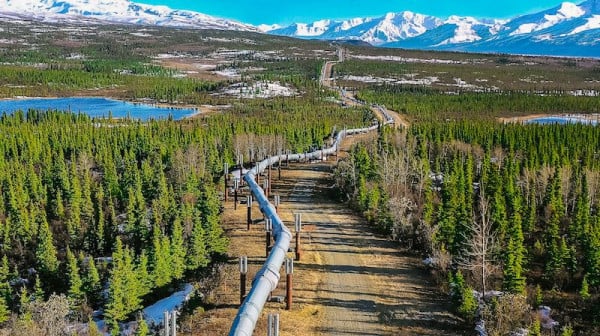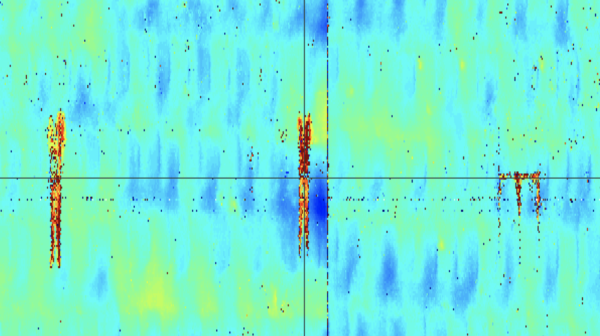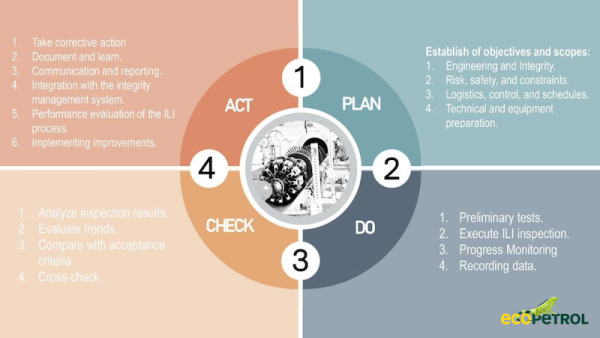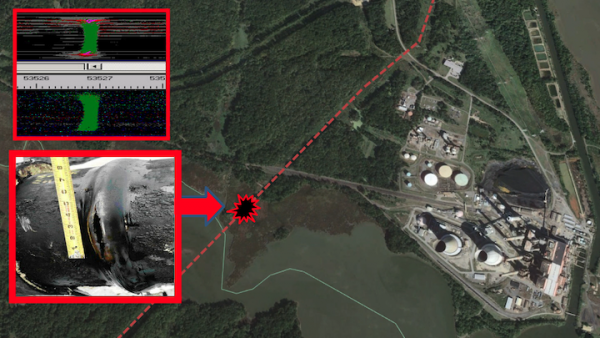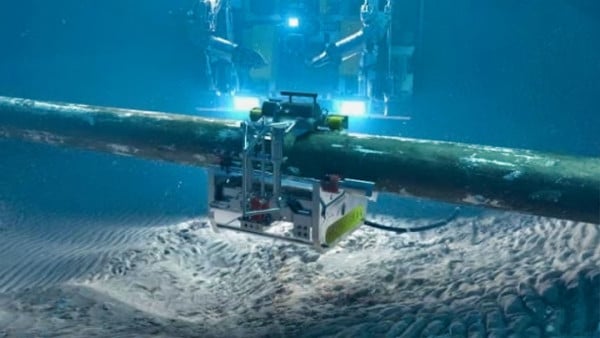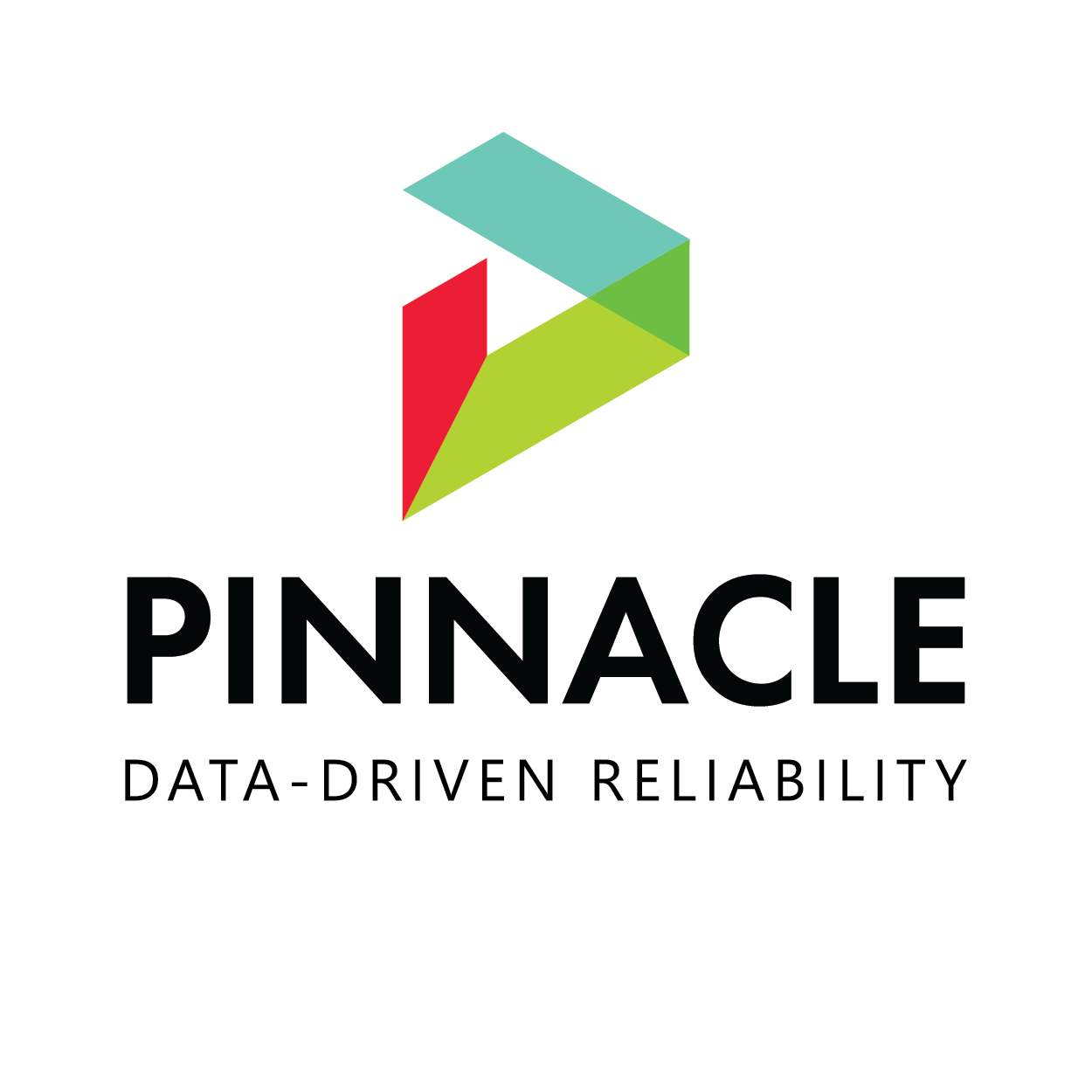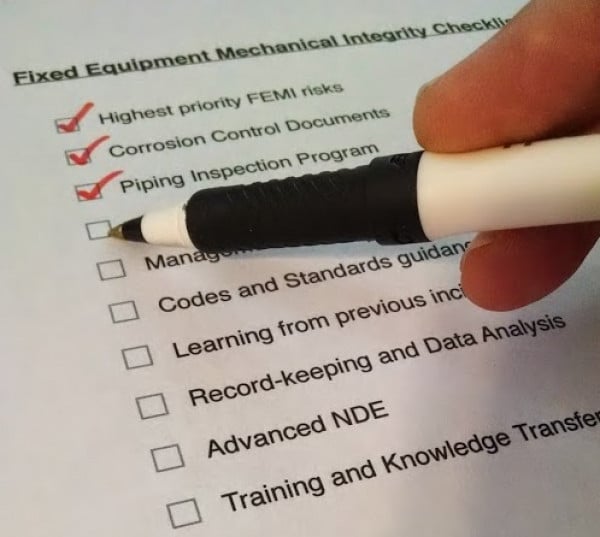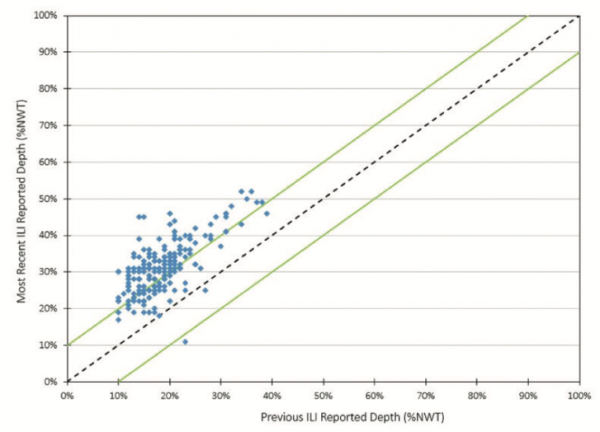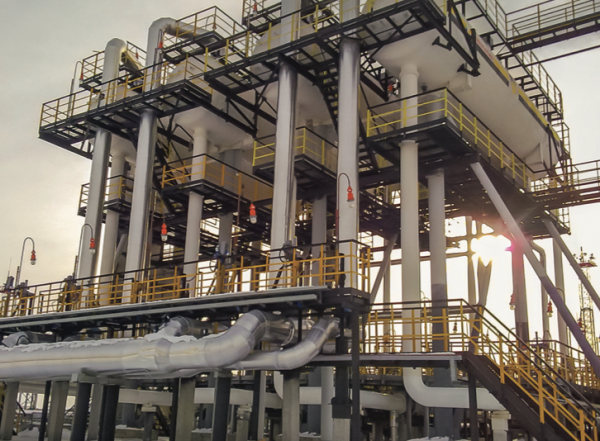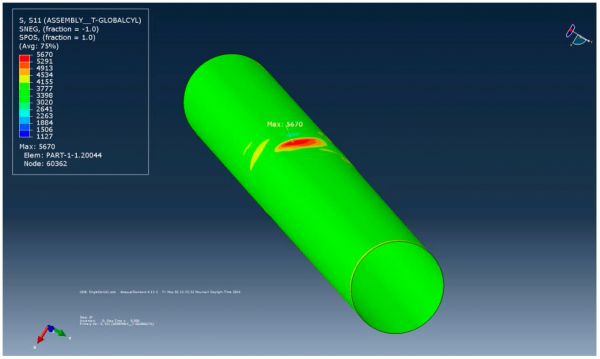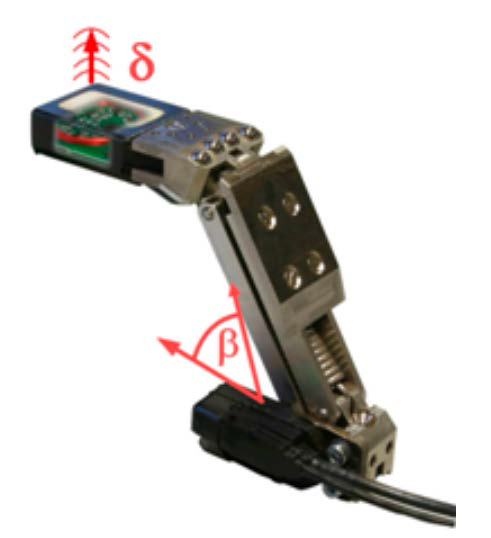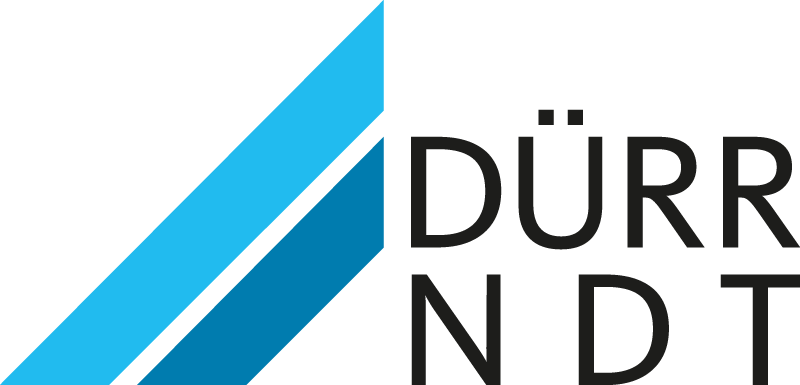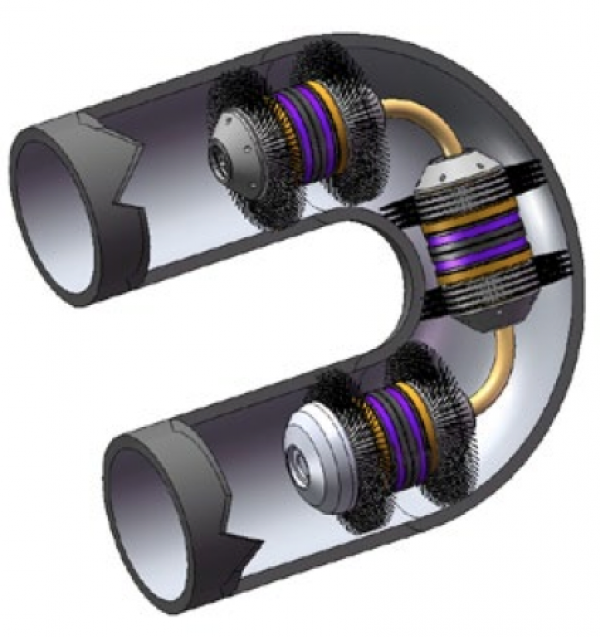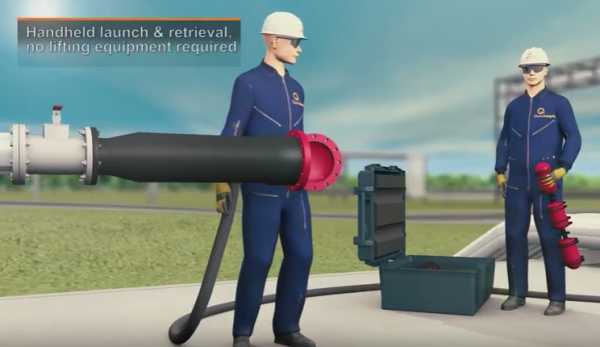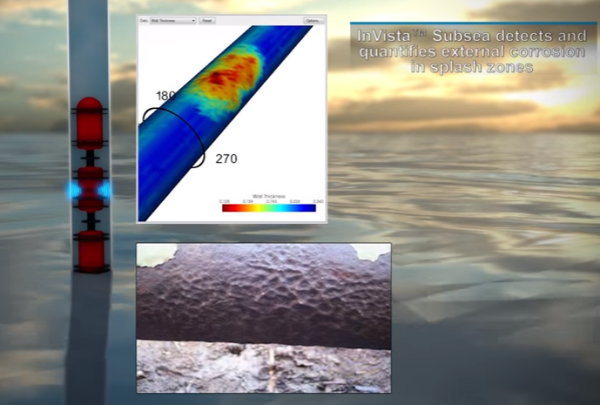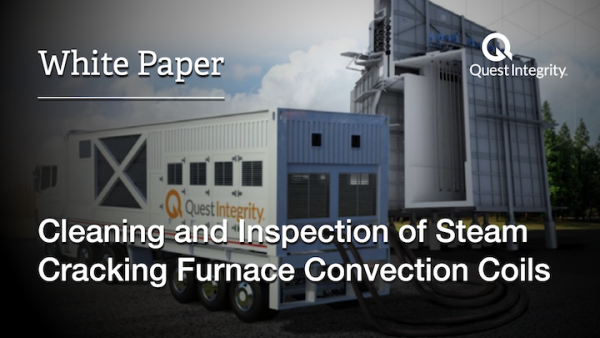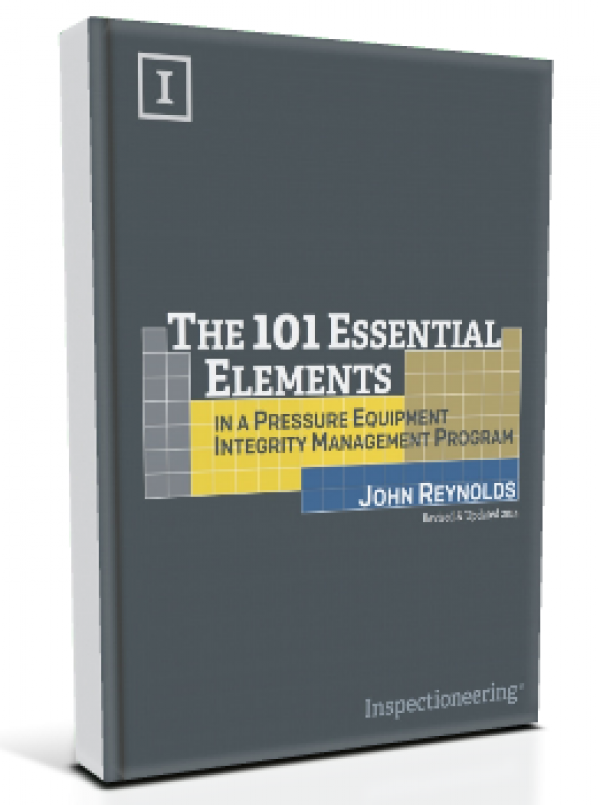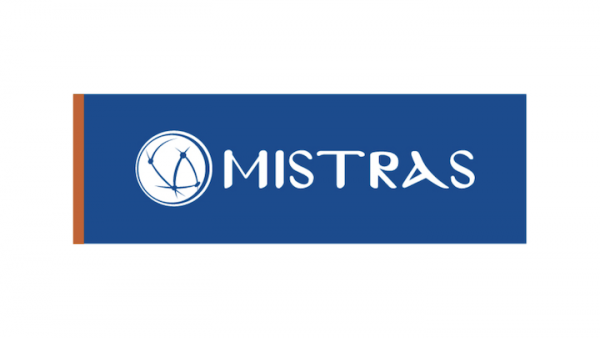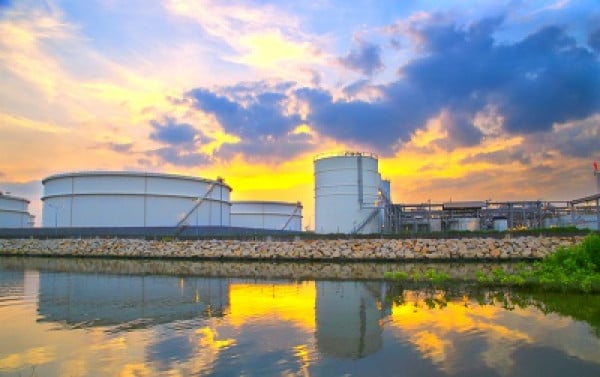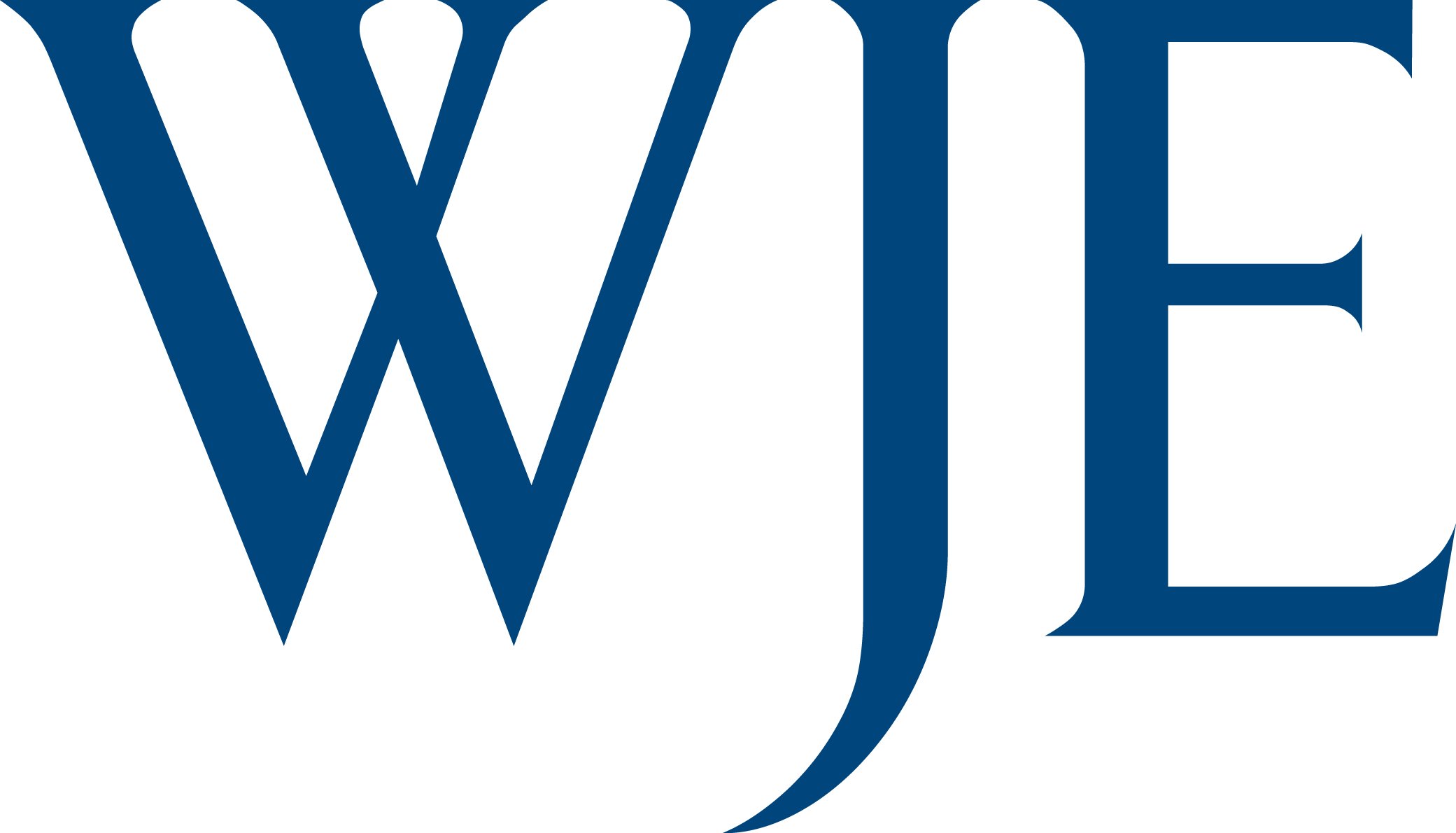In-line Inspection (ILI) involves the evaluation of pipes and pipelines using “smart pigs” (both tethered and non-tethered) that utilize non-destructive examination techniques to detect and size internal damage. ILI measures and records irregularities in pipelines including corrosion, cracks, deformations, or other defects.
ILI is a common practice throughout the oil and gas industry and has proven invaluable for examining extensive pipelines. It makes inspecting the condition of long stretches of pipelines, a task that used to be incredibly expensive and time consuming, far more easy and economical.
There are several different types of smart pigs utilized in ILI activities, each with its own set of advantages and disadvantages. Some are more effective at detecting certain types of corrosion or damage in different types of pipes, depending on their NDE capabilities. More recently though, some manufacturers are combining the various functions of these separate tools into one. This way a single tool can now be used to detect several different types of damage, making it more efficient and effective.
Related Topics
Relevant Links
Topic Tools
Share this Topic
Contribute to Definition
We welcome updates to this Integripedia definition from the Inspectioneering community. Click the link below to submit any recommended changes for Inspectioneering's team of editors to review.
Contribute to Definition


